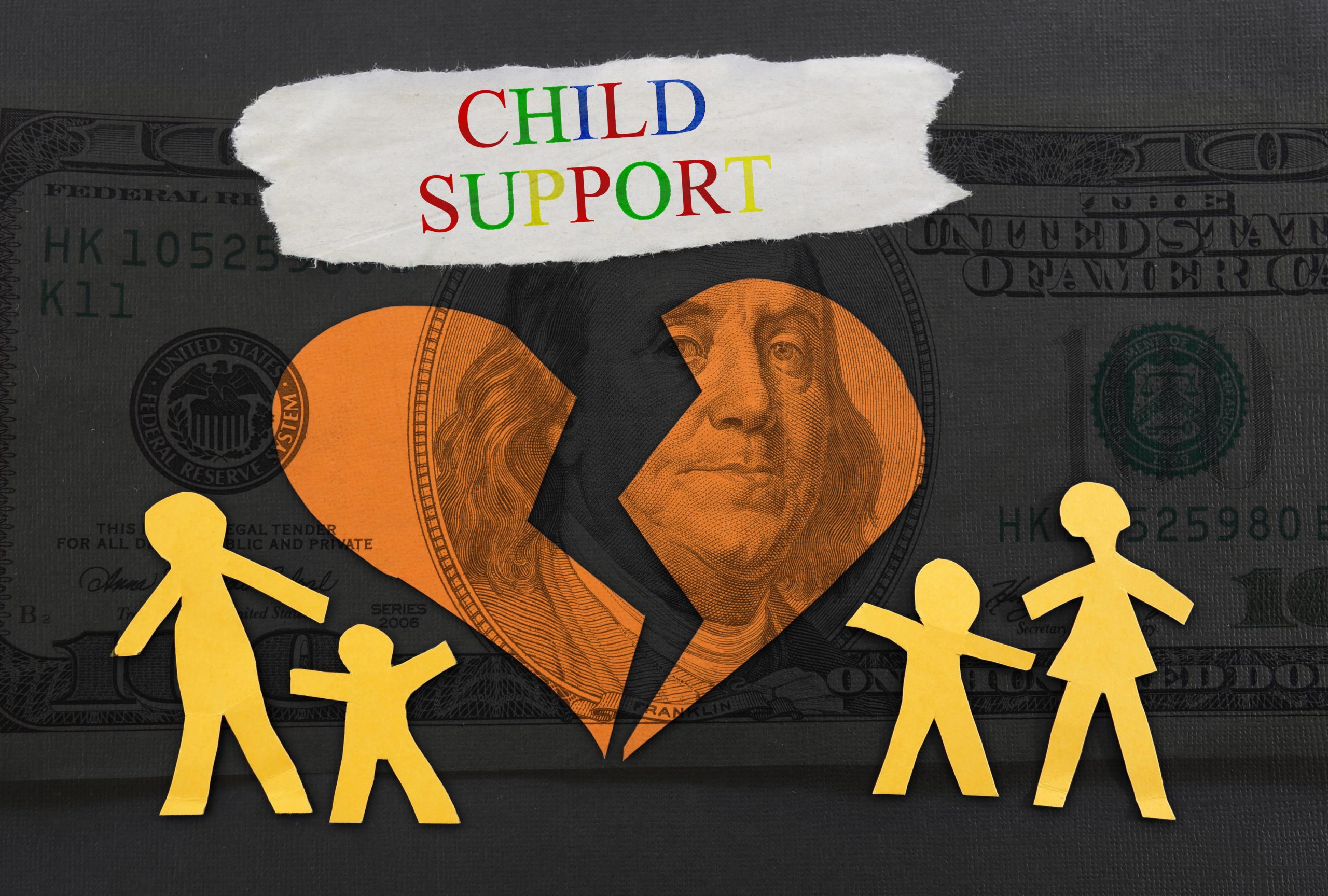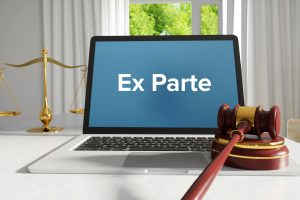Co-parenting With Someone of a Different Religion
 In the state of California, the term child custody is used to reference the ability to make decisions that affect the quality of life of your children, such as those relating to health and education. For some parents, religion plays a big role in making those decisions, which can significantly complicate things when your religion differs from that of the children’s other parent. Outside of simply including religious holidays into your custody schedule, other factors that could be impacted include attending religious ceremonies, dressing a certain way, eating a certain diet, and more. There is no set template for how to navigate these sorts of challenges, given that the details of each case vary significantly. However, there are certain elements that will likely be taken into account and strategies you can employ to find a mutually acceptable resolution.
In the state of California, the term child custody is used to reference the ability to make decisions that affect the quality of life of your children, such as those relating to health and education. For some parents, religion plays a big role in making those decisions, which can significantly complicate things when your religion differs from that of the children’s other parent. Outside of simply including religious holidays into your custody schedule, other factors that could be impacted include attending religious ceremonies, dressing a certain way, eating a certain diet, and more. There is no set template for how to navigate these sorts of challenges, given that the details of each case vary significantly. However, there are certain elements that will likely be taken into account and strategies you can employ to find a mutually acceptable resolution.
Continue reading
 San Diego Divorce Attorneys Blog
San Diego Divorce Attorneys Blog


 Navigating custody and child support cases is a normal part of course proceedings. If you happen to be an unmarried parent who has newly separated from their partner, you might be wondering if any legal provisions are in place to support you and your child. In 2018, the CDC revealed 39.6% of all births in the United States resulted from relationships outside of wedlock, so this is hardly an unusual situation. However, the information and resources available to parents going through custody-related claims in court are generally focused on situations where the parents were previously in a legally recognized union.
Navigating custody and child support cases is a normal part of course proceedings. If you happen to be an unmarried parent who has newly separated from their partner, you might be wondering if any legal provisions are in place to support you and your child. In 2018, the CDC revealed 39.6% of all births in the United States resulted from relationships outside of wedlock, so this is hardly an unusual situation. However, the information and resources available to parents going through custody-related claims in court are generally focused on situations where the parents were previously in a legally recognized union.  Regardless of your custody arrangement or relationship with your child’s other parent, navigating the intricacies of co-parenting over the holidays can be difficult. Holiday planning is particularly challenging this year due to the ongoing pandemic, which has introduced new obstacles and complications to anything involving travel. However, even during a normal year, the holidays inherently require a lot of work and careful communication for separated parents.
Regardless of your custody arrangement or relationship with your child’s other parent, navigating the intricacies of co-parenting over the holidays can be difficult. Holiday planning is particularly challenging this year due to the ongoing pandemic, which has introduced new obstacles and complications to anything involving travel. However, even during a normal year, the holidays inherently require a lot of work and careful communication for separated parents. 




